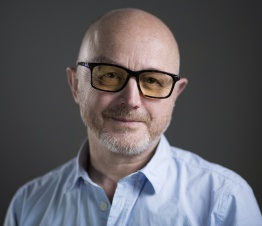What is human givens?
A relatively new style of humanistic therapy, the human givens approach offers a holistic, scientific framework for understanding how individuals and society work. Encompassing the latest understandings from neurobiology and psychology, the idea is that, along with the basic physical needs, all humans have a set of emotional needs. These range from the need for security, autonomy, status and privacy, to feeling connected to others through friendship, attention exchange and a sense of belonging.
Humans are also born with a set of resources, an instinctive knowledge that drives them to get these needs met. The needs and resources together make up the human givens.
When the resources are used properly and the environment is healthy, the emotional needs are met more or less in balance, so people are emotionally healthy: their lives have meaning and they flourish. When some of these needs are not met, maybe because resources are misused, or the environment is toxic, people will struggle and feel distressed. This distress can lead to longer-term psychological suffering, social isolation, anxiety, depression, addictions, relationship problems and so on.
The human givens approach looks at the areas where a person’s life is and is not working well. Its pragmatic and adaptable framework allows therapists to tailor brief, highly-personalised interventions, integrating the most effective elements of therapeutic styles such as cognitive behavioural therapy (CBT), mindfulness and guided imagery, combined with education and direct practical help.
Human Givens therapist Lee Pycroft explains further in this video:
Who benefits from human givens therapy?
Human givens therapy is helpful for a range of different issues including anxiety, depression, trauma, anger management, addiction and relationship difficulties.
Relevant associations
This information has been vetted by a professional member of the welldoing directory
Last updated on 10 July 2020




















